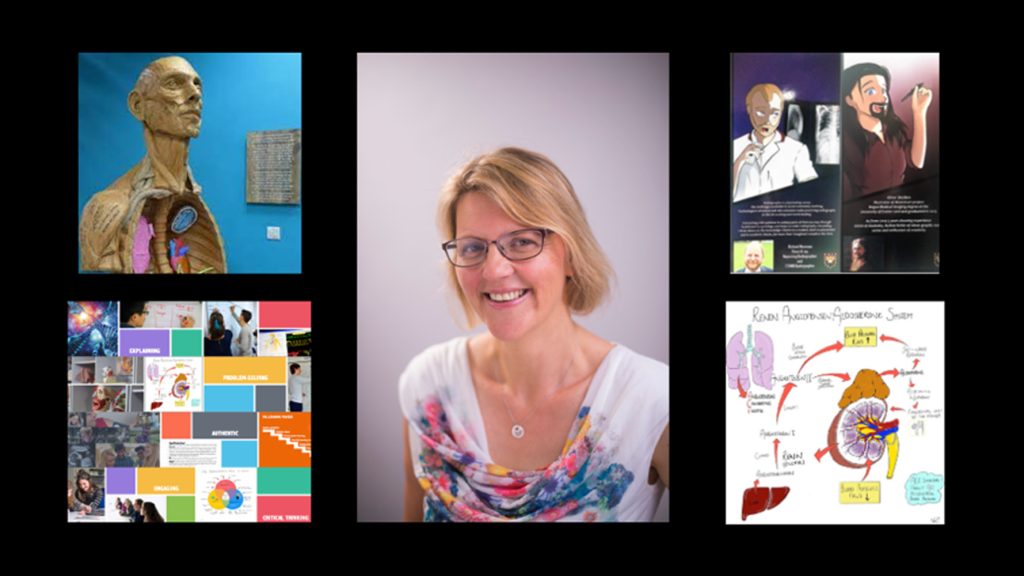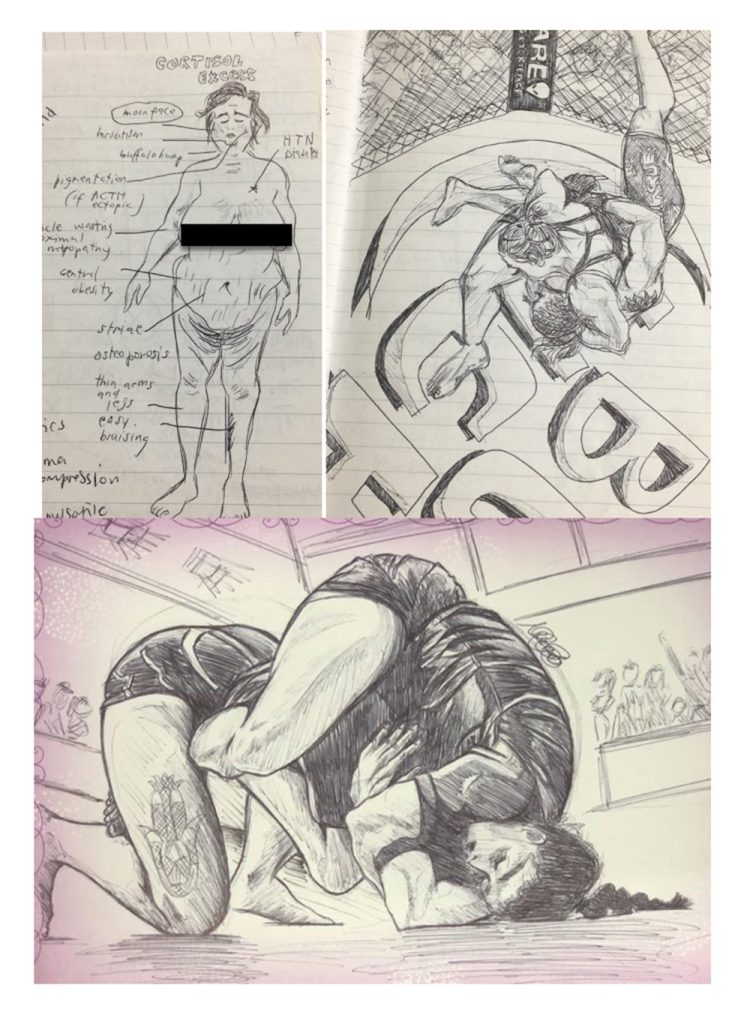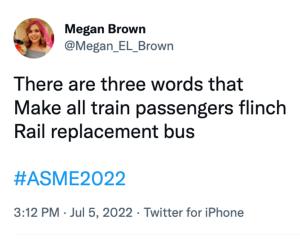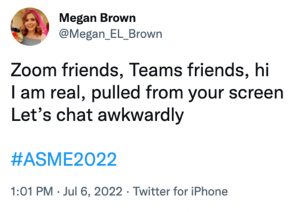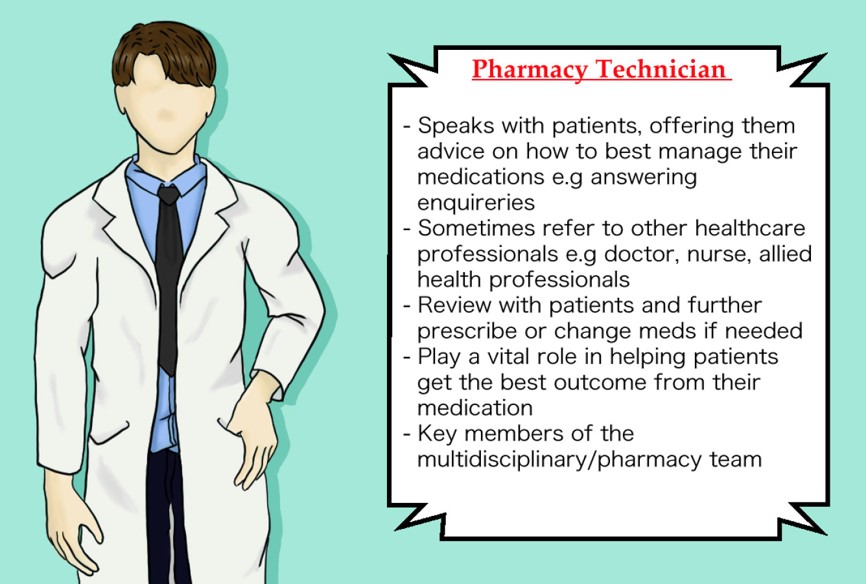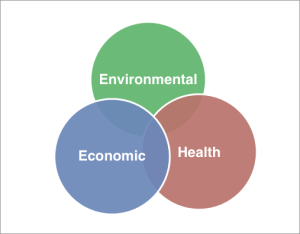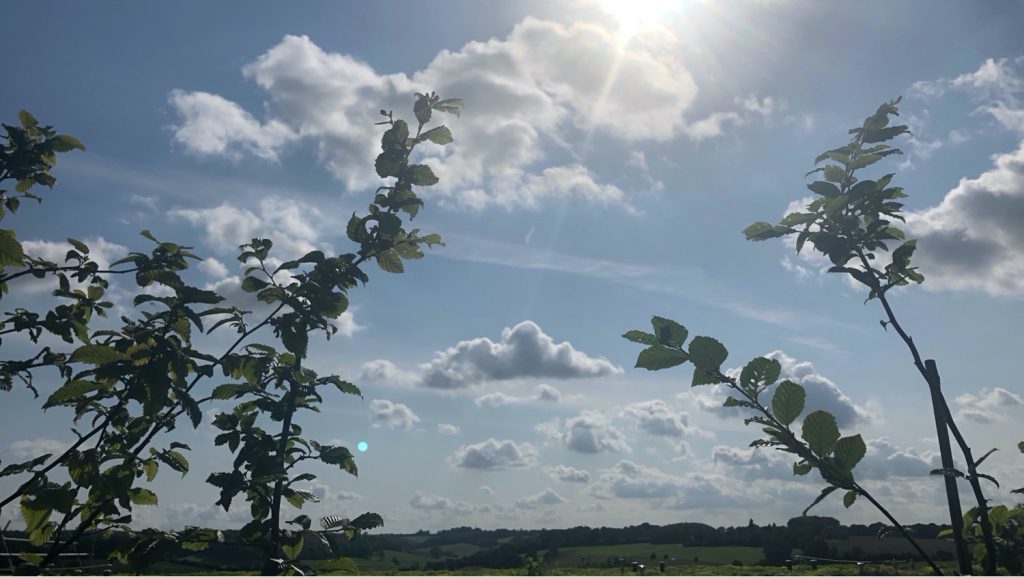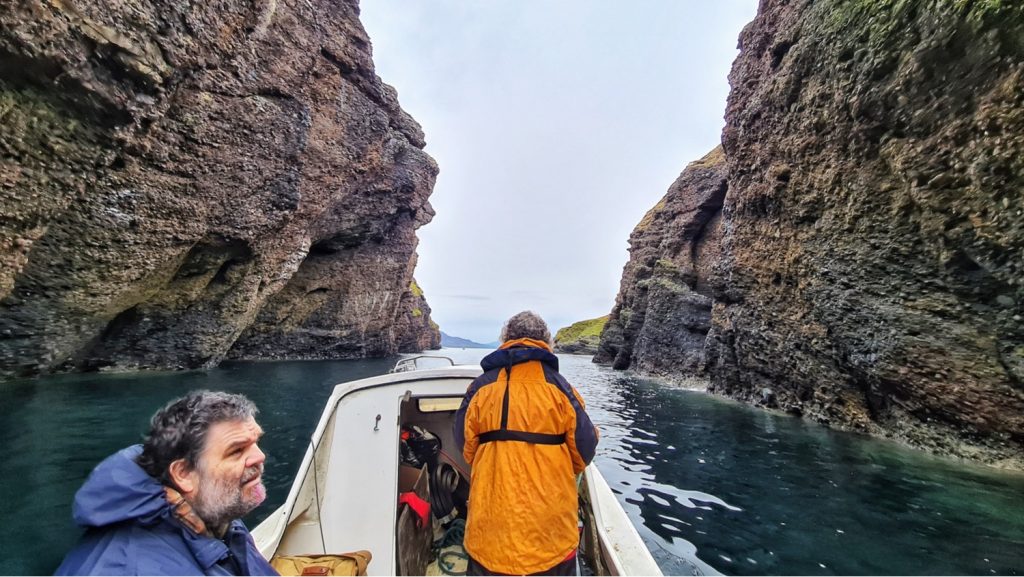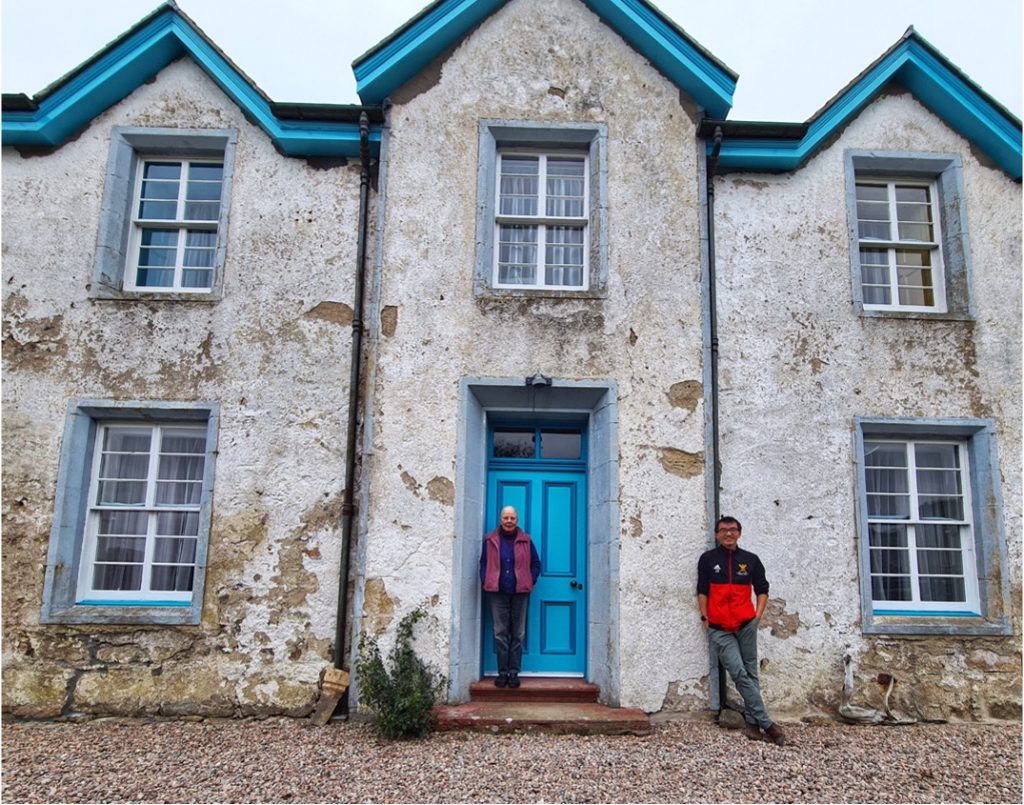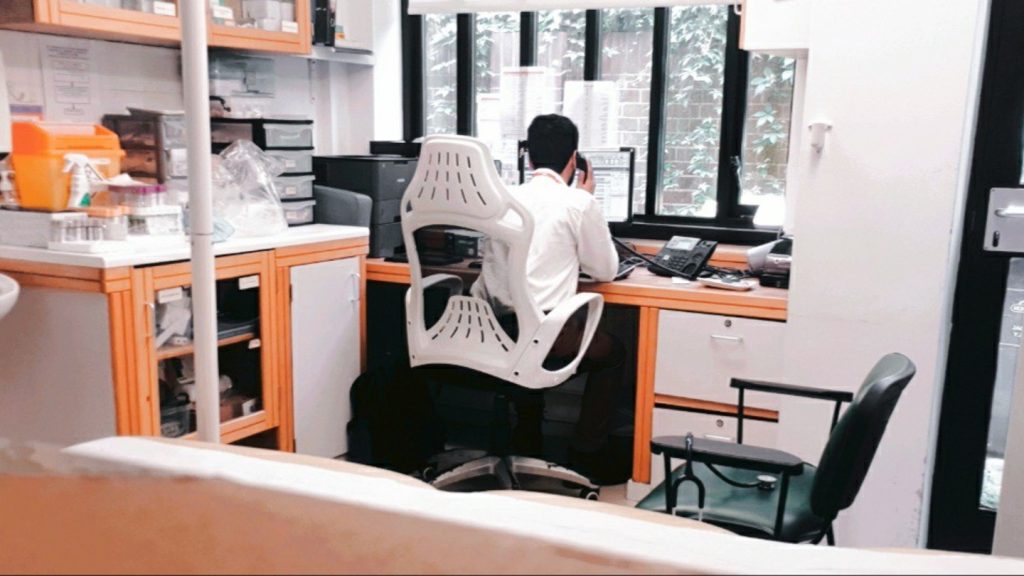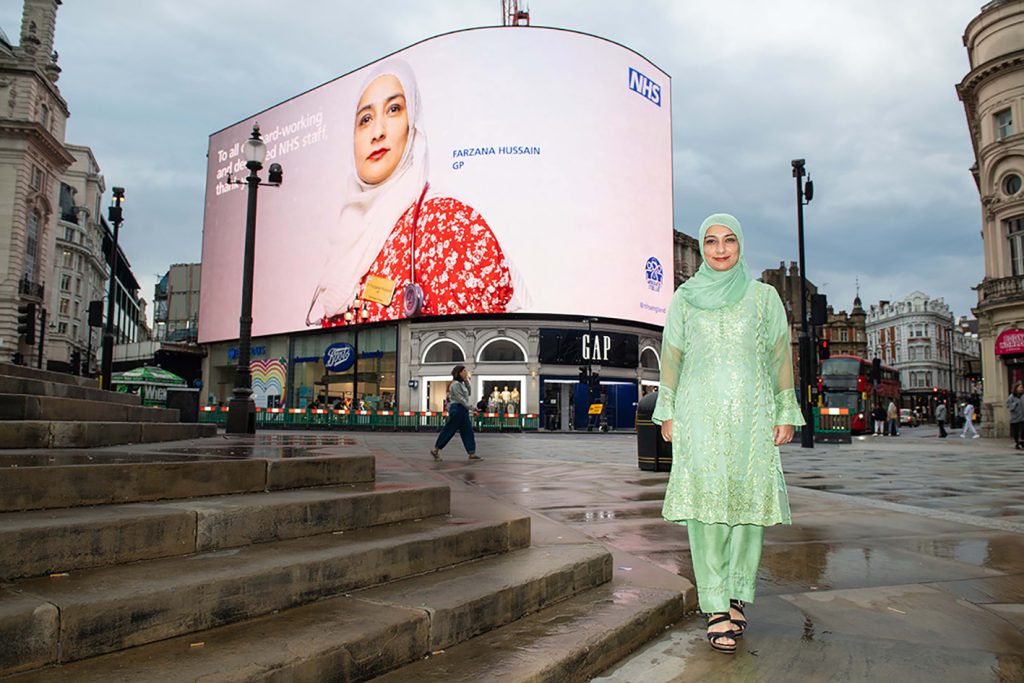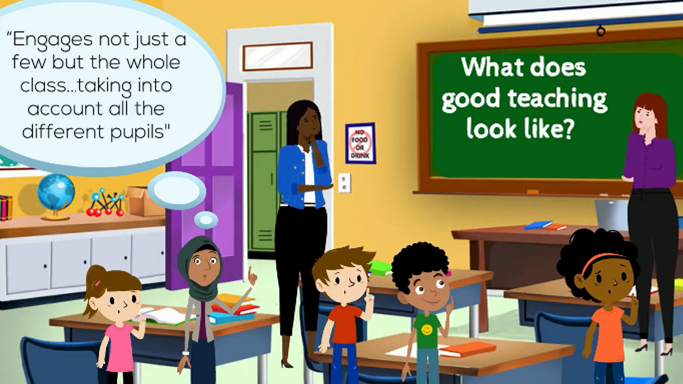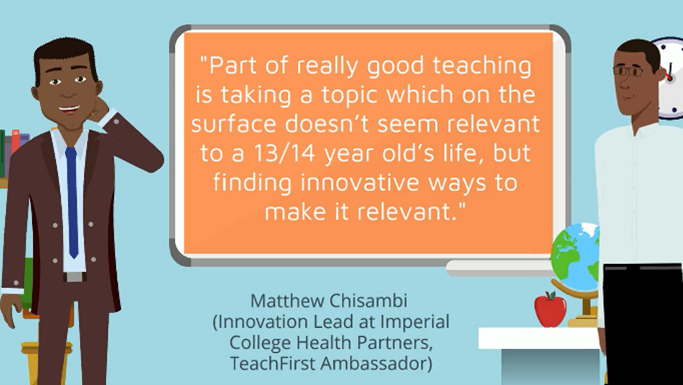By Dr Angelica Sharma (Academic Foundation Trainee, FY2, Imperial College London)
The Society of Primary Care (SAPC) Madingley Conference was held virtually between 20-21st January 2022 attracting over 200 attendees.
The theme was centred around ‘Primary Care – Building Back Better’. The sessions provided key knowledge updates, lessons learnt during the pandemic and ideas for change to help shape the future of primary care. The 2-day event focussed on areas such as health inequality and change including digital methods and innovative tools to address disparities in health care.
Panel discussions on ‘Digital Health: What’s Next?’ brainstormed ideas on how to integrate digital health tools within General Practice. Use of digital technologies in healthcare has progressed rapidly, especially in the face of COVID. In the next 20 years, approximately 90% of NHS jobs will require digital skills (Topol, 2019). However, there is a lack of formal integration of digital health within the medical curriculum and it is often an element that is not assessed within medical school.
Digital health initiatives included:
- ‘Live Well with Parkinson’s’ – a mobile application where patients living with Parkinson’s disease are able to track their symptoms on a day-to-day basis with clinicians receiving this data in live time.
- ‘Living with COVID Recovery Programme’ – formulating a clinical pathway to support individuals with long COVID with use of a patient-facing application delivering advice and offering a messaging service to contact health professionals.
I showcased our initiative to develop a primary care longitudinal digital health curriculum (DHC) for undergraduate medical students at Imperial College London. We compiled and reviewed learning objectives across all year groups and the learning objectives which had scope to integrate a digital health component were selected. As medical students are taught in a diverse range of settings, we explored appropriate formats of delivery of these learning objectives, including tutorial/lecture-based settings, and within written or clinical examinations. Finally, to align these curriculum changes with medical student assessments, we also carried out digital health exam question writing workshops. In these workshops, primary care clinicians were supported in implementing a digital health theme to proposed learning objectives. Key themes included patient generated data (i.e., wearables, mobile phone applications), remote consultations and electronic medical records. We were awarded the ‘Early Career Research’ Prize – with special thanks to Dr Renee Ewe, Dr Viral Thakerar and Dr Ravi Parekh.
We also presented medical education initiatives from the Primary Care Department at Imperial College including:
- Sense of belonging, authenticity, and wellbeing: A mixed-methods study – Dr Zoe Moula.
Medical students experience poorer wellbeing as compared to other students. Subject to the outcome of a funding application, this mixed-methods study will aim to understand how the sense of authenticity and belonging impacts medical students’ wellbeing. It will also aim to examine differences when adjusting for previous experiences of discrimination; pre-existing mental health conditions; protected characteristics; and year of study. The main objective of this study will be to identify and implement strategies that promote medical students’ sense of authenticity, belonging and wellbeing.
- Coaching skills for pupils from widening participation backgrounds considering healthcare careers – Hamza Ikhlaq (Medical Student).
A coaching skills workshop was developed and evaluated for sixth form pupils from widening participation backgrounds to support access to healthcare careers. Coaching offered students a greater sense of awareness and improved communication skills.
- Exploring the impact of a series of novel medical education masterclasses – Dr Nick Sylvan.
The masterclass series delivered in summer 2021 to UK medical students, included guest speakers, interactive workshops, and discussion panels on topic including diversity and inclusion, digital health, professional identity, preparation for practice and coaching skills. The masterclasses broadened students’ perspectives, agency, personal development, and inclusivity.
- Evaluation of the remote delivery of a community careers widening participation programme – Nida Hafiz (Medical Student). Widening Access to Careers in Community Healthcare (WATCCH) programme for Year 12 students who were from widening participation backgrounds. Due to the pandemic, the WATCCH programme was delivered online. Feedback from students suggested that although online sessions increased accessibility, face-to-face interaction would have helped build better relationships with peers and mentors.
Bethany Golding (Community Collaborations Lead) competed in a ‘Dragon’s Den’ style session on ‘What would you do with £1 million worth of funding?’. The talk focused on the importance of community engagement, especially in reaching out to communities and people with physical or mental health related disabilities. Examples of previous projects included tackling food poverty in local communities. She highlighted the importance of community small grants programmes to bring communities together around health and wellbeing in a way that is led by them.
The next SAPC Annual meeting will be held in Preston in July 2022, later this year.
Read Society of Primary Care (SAPC) Madingley Conference 2022 in full
